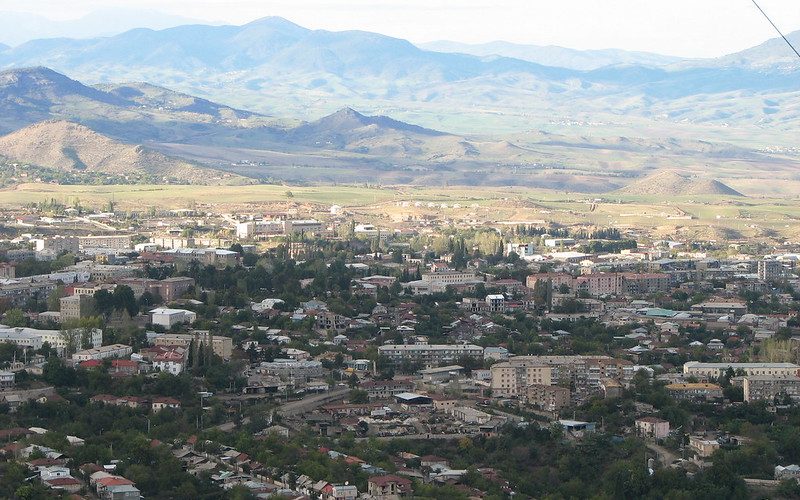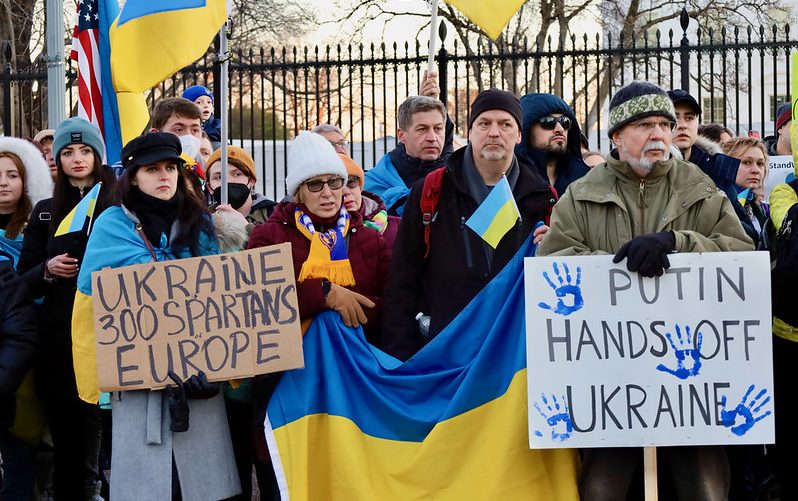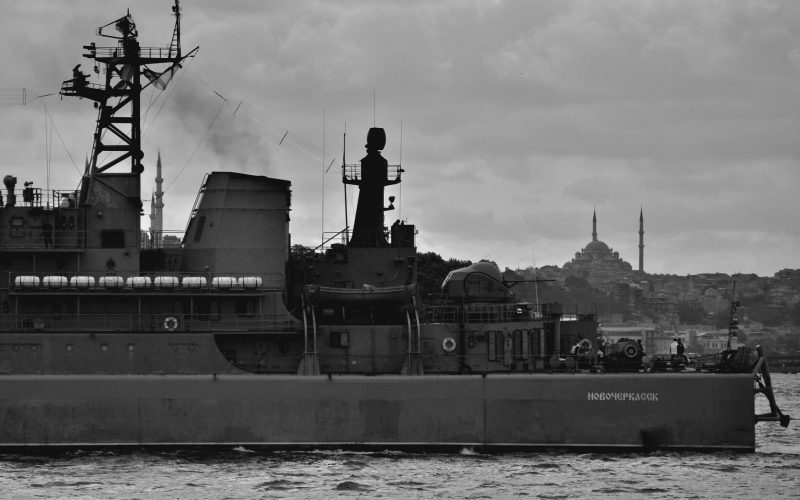
Environmental Terrorism, Eco-Terrorism, and Water Management: The Case of Nagorno-Karabakh
The world is experiencing an increase in terrorist attacks, including environmental terrorism. The presence of natural resources and infrastructures, especially water-related ones, in contested areas subjected to traditional forms of terrorism, requires further attention within terrorism-related research. The case of the Nagorno-Karabakh war is an interesting case with regard to the concept of environmental and eco-terrorism. In this respect, the implications of water issues after the 2020 war and the dangers involved for the future of the region are of particular interest.





